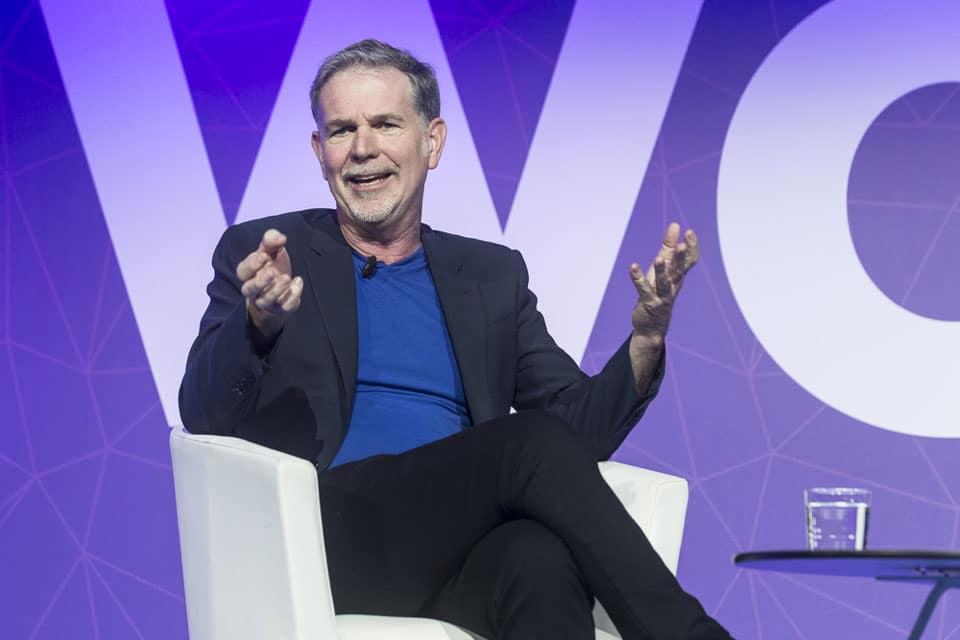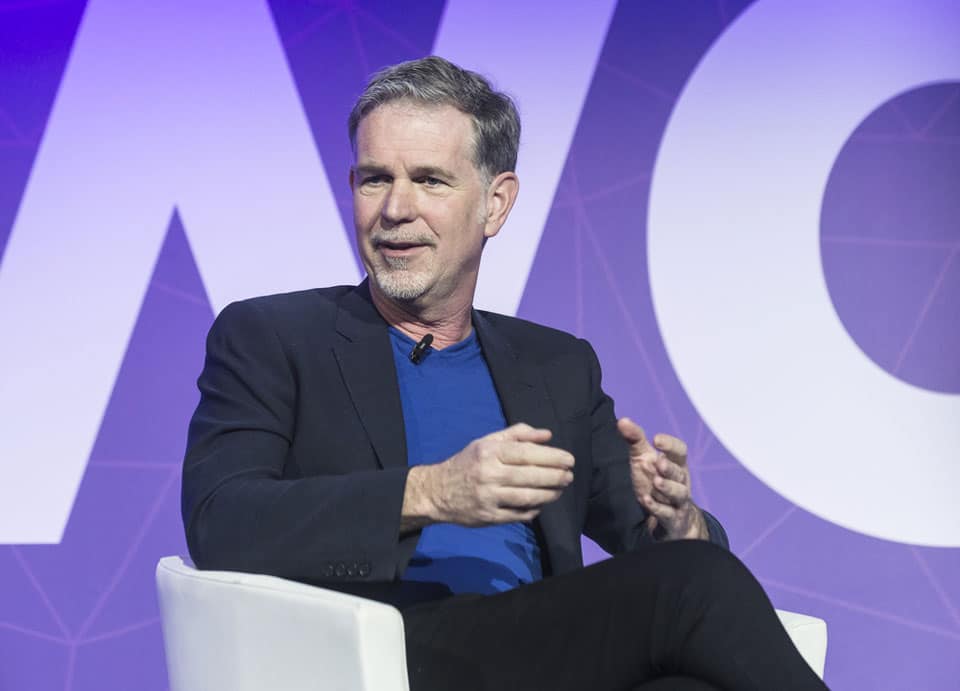Shake It Off–or Not? What To Do About Criticism

Everyone’s a critic.
Whether you’re a CEO, an author, a performer, or a professor, people will review your work. And whether you’re a revered CEO, Stephen King, or Taylor Swift, criticism can sting.
“I’ve had every part of my life dissected — my choices, my actions, my words, my body, my style, my music,” Swift told Rolling Stone. “When you live your life under that kind of scrutiny, you can either let it break you, or you can get really good at dodging punches. And when one lands, you know how to deal with it. And I guess the way that I deal with it is to shake it off.”
Sometimes we receive unsolicited feedback or are sitting ducks on various media and sellers’ sites. While it takes courage for a leader to request feedback and then dissect it for how to improve one’s performance, data shows an exceptionally strong correlation between asking for feedback and the overall effectiveness of leaders, according to Joseph Folkman, psychometrician.
Sourcing Data. Speaking of data, one way to handle criticism is to obtain more data and seek out additional sources. Leona Tan, an experienced business consultant in Australia, advises to obtain more data–request constructive feedback from a trusted group in the industry to assess the credibility of the original critique as well as to discuss ways to improve.
How should you act on criticism–constructive, negative but based on actual performance, or mean-spirited?
“Beware of those who offer ‘brutal honesty.’ First off, it’s an opinion they’re sharing; it has nothing to do with honesty. And second, they are choosing to be hurtful with their opinion, which is not necessary. Brutality masks any learning that might have taken place.
Listen to the ones whose opinions are expressed kindly. They’ll tell you what’s working and what isn’t. They can even find a way to say that ‘nothing is working very well,’ and still be kind about it.
The ones who are hurtful with their opinions are bullies who dislike themselves, and feel better only when bringing others down. Avoid their toxicity,” advises Thomas Clark, creative director.
Respond with change. Or not. If you practice self awareness, you know that a criticism often is a red flag for some behavior that’s off. Changing a pattern of behavior, a leadership strategy or a methodology might be efficacious or increase satisfaction among colleagues. However, if the issue is something that has to do less with organizational structure and more with your own personality, that can be challenging to change. Some personality or management flaws are easier to fix; for example, if someone is disorganized, they can learn to be more organized and efficient. However if someone is innately reserved and finds communicating one-to-one or with teams challenging, that also can be remedied but at times it’s best to let people know it’s something intrinsic to your personality and has nothing to do with their performance.
“In a corporate environment, accept the feedback and put together a plan for improvement with measurable goals. In any other environment (especially creative), ignore the feedback and trust your judgment,” advises Michael O’Keefe, digital innovation manager for an influential Bavarian automobile manufacturer.
Take time to process your thinking and emotions. Before implementing changes, talking to others, or responding to negative feedback, it’s critical to take a bit of time, even if it’s a brief period. Of course, someone could be dishing out feedback to your face in real time; count to ten and then think before you respond on a visceral level. Feel free to vent privately.
“Blind feedback doesn’t seem to help as much as the constructive feedback of a known and trusted individual. Once we know someone cares, it is much easier to listen without feeling like we have to maintain a protective state,” Todd Greer, PhD, executive director, Innovation Portal, advises.
From the critic’s viewpoint. One of the great lessons I’ve learned through creating advertising and branding, and teaching is to view criticism from the audience’s point of view. It takes some doing to put hurt feelings aside and think compassionately and empathetically about someone who is proffering negative feedback. However, seeing a criticism from a different perspective or multiple perspectives, allows you to see something anew, to possibly rethink a system, behavior, strategy, or leadership style.
“Pause. Examine it for applicable truths. Consider your context and theirs (if known) and whether they bring a new or different perspective. Decide where to ‘file’ it for your own peace of mind. Use this same perspective when asked to review someone else’s work…be generous but constructive,” explains Stephanie Cunningham, professor of graphic design, Florida Atlantic University.
Finally, not all feedback that seems constructive or is presented as such, actually is. It’s worth figuring out if the criticism would indeed produce positive change, improve your leadership, workflow, workplace conditions or systems, people’s satisfaction in the workplace, or contribute to the triple bottom line.
“The negative blind or anonymous reviews tend to be those that are the nastiest or even intentionally hurt. That’s total B.S. I’ve never been able to give much credence to criticism presented by someone hiding behind their statement. On the other hand, I’ve always respected and appreciated those willing to share truly constructive criticism. Having worked by myself since 1987, I need that feedback, and will often ask such individuals for further discussion. Of course, I do try to provide a direct ‘thank you’ for any glowing review,” says Jeff Fisher, engineer of creative identity, Jeff Fisher LogoMotives.

Reed Hastings, co-founder and executive chairman of Netflix, told Walter Isaacson on “Amanpour & Co.” for PBS, that even for himself, “with all the success when someone gives me negative feedback, it still hurts.” He continued, “You learn the most when people give us feedback…I try to remember it’s like doing crunches or pushups. I know those last ones hurt but those are the ones that make you strong. And it’s the same thing with feedback. And so I’m better now at just absorbing the feedback, feeling the pain, and still recognizing that’s what makes me better.”
How we deal with criticism says a lot about us.
Written by Robin Landa.
Have you read?
Leadership Challenges in the Hospitality Industry by Prof. (Dr.) Manoj Joshi.
9 Surprising Ways Caffeine Impacts Brain Health by Dr. Daniel G. Amen, MD.
Top 10 Richest Cricketers In The World, 2023.
ATTRIBUTES OF SUCCESSFUL LEADERS by Dr. Jim White.
Who’s Talking To You by Jason Richmond.
Add CEOWORLD magazine to your Google News feed.
Follow CEOWORLD magazine headlines on: Google News, LinkedIn, Twitter, and Facebook.
Copyright 2024 The CEOWORLD magazine. All rights reserved. This material (and any extract from it) must not be copied, redistributed or placed on any website, without CEOWORLD magazine' prior written consent. For media queries, please contact: info@ceoworld.biz








